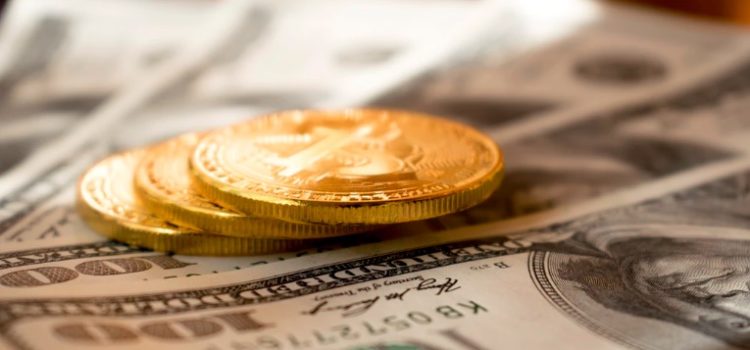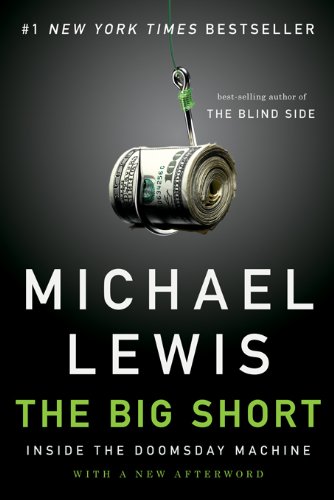

This article is an excerpt from the Shortform summary of "The Big Short" by Michael Lewis. Shortform has the world's best summaries of books you should be reading.
Like this article? Sign up for a free trial here .
What happened to Household Finance Corporation? Why did it have to pay a $484 million fine, and how did the scandal serve as a harbinger of the coming greed and deception of the subprime loan market?
Household Finance Corporation was a leading corporation providing mortgage loans. It was merged with HSBC in 2004 after a loan fraud scandal.
Learn how the Household Finance Corporation scandal affected customers and what the attitudes of the corporation’s leader and those tasked with protecting consumers say about the causes of the 2008 financial crisis.
The Household Finance Corporation Scandal
Originally an attorney, Steve Eisman switched gears relatively early in his career to become an analyst at Oppenheimer, a financial advisement firm. He was interested in the lending business its consequences in the wider economic market.
The story of the Household Finance Corporation was an early indication to Eisman of just how rotten the lending business had become. In 2002, he obtained sales documents from Home Finance Corporation, a major player in consumer lending that had been founded back in the 19th century.
Household Finance Corporation Fraud
The sales documents offered borrowers a 15-year, fixed-rate loan, but used language designed to fool customers into thinking it was a thirty-year loan. Customers would think that they had twice as long to pay off their mortgage as they actually did and that they would be making lower monthly payments than they actually owed.
Household Finance Corporation did this by “hypothetically” pitching to the customer what their “effective rate” of interest would be if they stretched their 15 years of payments over a 30 year period. The customers were then told that this was their “effective rate” of interest, even though this was entirely fictional. A customer could be bamboozled into thinking she was paying 7 percent interest when she would in fact be paying closer to 12.
To Eisman, this was blatant, even criminal fraud. He tried to sound the alarm about Household Finance Corporation, contacting public officials and journalists. But he saw that regulatory officials were unwilling to act to bring Household to heel—the attorney general of the state of Washington even told Eisman that he feared there’d be no other company to make subprime loans in Washington if the state cracked down too hard on fraud.
What Happened to Household Finance Corporation? Penalties and Rewards
To Eisman’s dismay, the leadership of Household Finance Corporation was never punished—in fact, it was rewarded for its deception. The company settled a class-action suit out of court for $484 million (a fraction of what they had defrauded from customers), then sold itself to HSBC for $15.5 billion. The CEO personally made $100 million on the deal.
The impunity with which Household Finance Corporation had acted was a genuine shock to Eisman. The CEO was being showered with wealth, when, in Eisman’s view, they should have “hung him up by his fucking testicles.” It was a revelation to Eisman. The market had not punished bad actors. The incentives had not worked the way they were supposed to. His political views began to shift too, as he started his transformation from a free-market, Reaganite Republican to a progressive, populist, almost socialist Democrat. He now saw the true ethos of the system: “Fuck the poor.”
As Eisman saw it, this ethos was contributing to what would become the 2008 financial crisis.
———End of Preview———

Like what you just read? Read the rest of the world's best summary of "The Big Short" at Shortform . Learn the book's critical concepts in 20 minutes or less .
Here's what you'll find in our full The Big Short summary :
- How the world's biggest banks contributed to the 2008 financial crisis, greedily and stupidly
- How a group of contrarian traders foresaw the bubble popping, and made millions from their bets
- What we learned from the 2008 crisis - if anything






